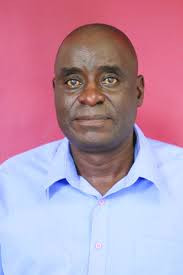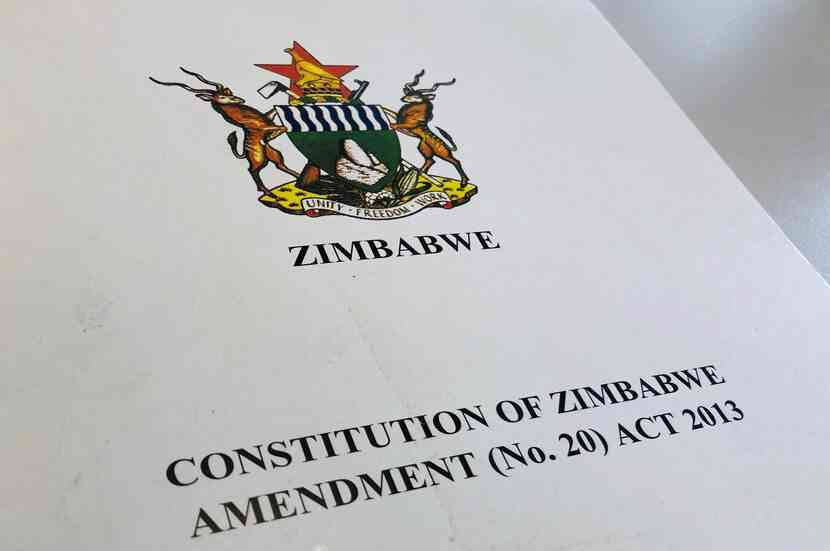
WHEN government introduced the Sugar Tax in January 2024, an outcry followed, mostly from beverage manufacturers who felt authorities were squeezing the few already tax-compliant businesses through multiple levies.
Initially pegged at US$0,002 per gramme of sugar in beverages, the tax was later reduced to US$0,001 after industry players warned that the measure would push up beverage prices and threaten viability.
In the court of public opinion, however, many Zimbabweans sympathised with the stated objective of the levy, to raise funds for the purchase of cancer treatment machines.
It was a noble cause. Yet, given government’s chequered history in prioritising public funds, few were convinced the money would ever reach its intended destination. Almost two years later, their scepticism has proved justified. The Ministry of Finance is yet to release the funds to the Health ministry for the procurement of the machines.
As reported by our sister paper, NewsDay, the Zimbabwe Association of Doctors for Human Rights (ZADHR) has already expressed deep concern over this delay. Cancer patients across the country are forced to travel long distances to Parirenyatwa Group of Hospitals for treatment, an ordeal made worse by constant machine breakdowns and service interruptions.
The government has collected substantial amounts from beverage manufacturers under this tax, yet the delay in deploying the funds for their stated purpose is inexcusable. While the Finance ministry has offered various explanations, bureaucratic red tape cannot justify inaction in the face of a public health crisis.
Zimbabwe records about 17 600 new cancer cases and 12 000 deaths every year, grim statistics that underscore the urgency of intervention. Cancer is no longer a silent killer; it has become a national emergency and must be treated as such.
Processes and procedures are important, yes, but they should never stand in the way of saving lives. The poor, who rely on public hospitals, are the ones paying the price for this inertia, while the privileged few fly to South Africa, India or Singapore for medical care.
- Trial of novelist Tsitsi Dangarembgwa resumes
- In Full: Eighth cabinet post briefing: 13 March 2022
- Hockey team eyes top 10 finish
- Letters to the editor: Africa under pressure to tackle youth unemployment
Keep Reading
The government had pledged to install cancer treatment machines at national referral hospitals in Harare and Bulawayo, before rolling them out to provincial centres. ZADHR’s call for transparency, speed and equitable access must therefore be heeded without delay.
For years, government has been accused of misplaced priorities, and rightly so. When funds can be found to purchase luxury vehicles for chiefs and ruling party loyalists while hospitals crumble, the message to ordinary citizens is unmistakable: political patronage trumps public health.
Safeguarding human life is the ultimate measure of leadership. The Finance ministry must act now, release the funds and restore faith in the system. Cancer patients cannot wait any longer.











